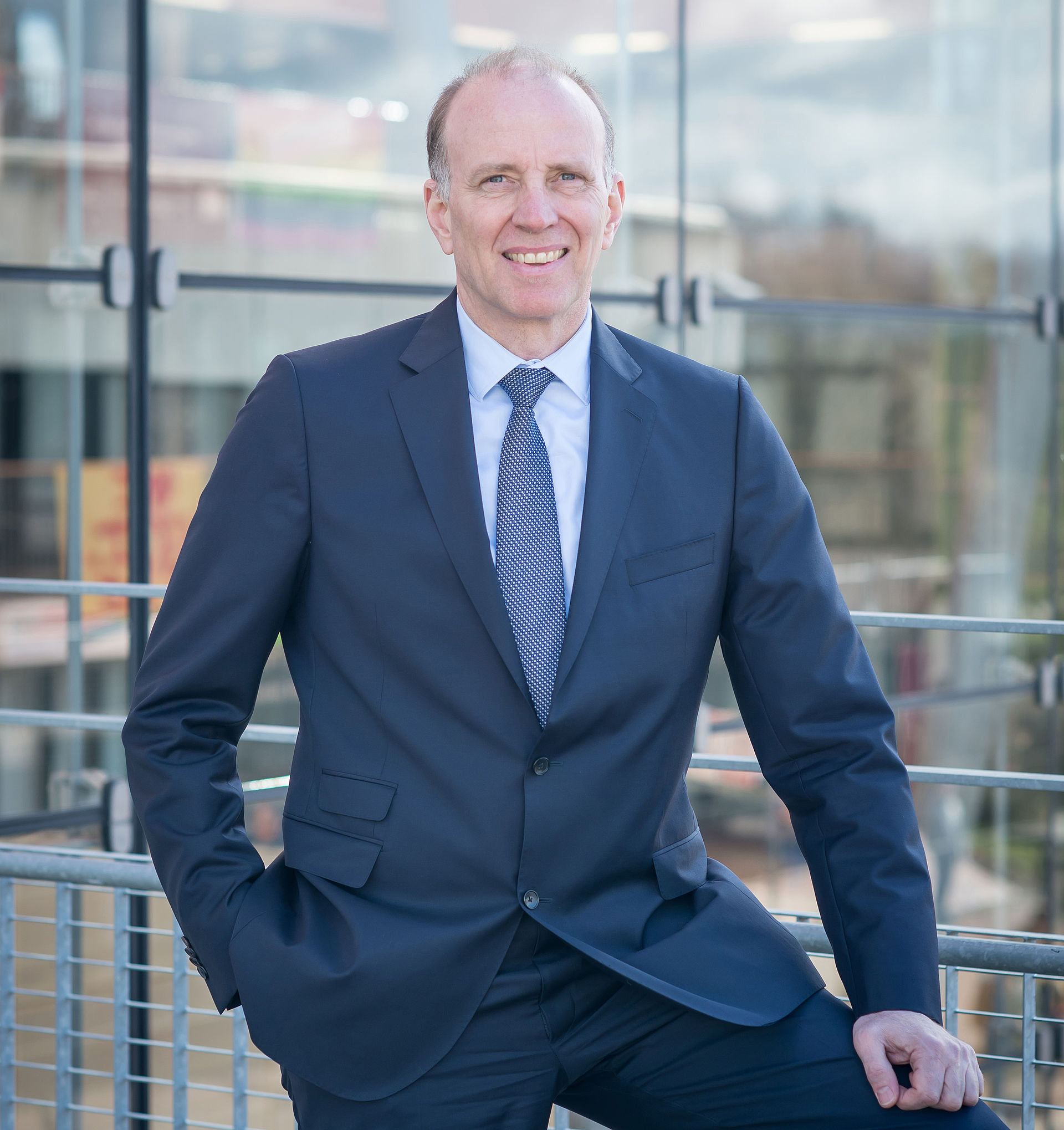February 5, 2021. I am always very interested in following what's happening in other areas of the space business. One thing I particularly enjoy is following the live events of Space-X test flights and missions. Just a few days ago, another Starship was launched for a test flight from the launch site in Boca Chica. The rocket rose about ten kilometres into the air, turned to land again – and then exploded on the ground.
Americans deal with challenges differently
What always fascinates me is how differently the Americans deal with such events. Afterwards, Space X spoke of a very successful test. After all, they had collected a lot of data. One engineer said dryly that they still had to work on the landing. Among other things, it is this basic attitude that makes Elon Musk's space company so successful. Every mistake is seen as progress, as a welcome contribution to constant improvement.
We still have to work on this attitude in Germany. As a society, we are not as fascinated by progress, by innovation. In countries like the U.S. and China, that is completely different. I observed this when I visited the Space X factory for the first time more than 15 years ago. At that time, Elon Musk had caused a lot of head-shaking in the industry with his announcement to build his own rocket with his own money. This factory was the complete opposite of what was considered suitable for space flight at the time. But as we now know: it worked.
Many big ideas started small
I am probably following the development of Space X so enthusiastically because I've always been a fan of big ideas that started small. It was the same with OHB: 40 years ago, our company was a garage start-up with five employees. Today, we are one of the three largest space companies in Europe. And that is why I also firmly believe that our micro-launcher start-up Rocket Factory Augsburg (RFA) will be successful. This big idea also started small. In August 2018, 7 engineers got together to develop a micro-launcher. These days, RFA has moved into a 2,600 square metre hall in Augsburg. The Rocket Factory now has its "factory", so to speak. In addition, there is around 1,250 square metres of office space.
I emphasise the factory thing for a very specific reason: the billion-dollar "New Space" market is driven by application scenarios such as protecting the Earth and providing connectivity from space using swarms of small satellites. However, these application scenarios depend on fast and cost-effective mass production of a large number of rockets. High-quality satellites, also mass-produced in high volumes at a fraction of the cost and time of traditional manufacturing, not only provide real time connectivity, but also make space much more accessible.
Rockets must be produced in large series in the future
To achieve this level of cost efficiency, micro-launchers must be mass-produced – just like cars in large-scale industrial production. This is the "Henry Ford moment" in spaceflight, so to speak. We transfer the proven methods of the German automotive industry to the space industry. This is one of the reasons why we chose Augsburg as the location for the Rocket Factory: there we are in the heart of the German competence region of industrial series production in the automotive and mechanical engineering industries.
I am convinced that the development and construction of a micro-launcher is no longer about complex and expensive over-engineering, but about launching small and lightweight satellites into low orbits more cost-effectively and faster than before and placing them precisely. The transfer of factory concepts and manufacturing strategies from the classic mechanical engineering and automotive industries makes it possible to achieve a major leap in efficiency in a relatively short time.
Commercially available industrial-grade components modified to work in space make standardisation and a modular production approach possible, based on identical components and uniform engines. Additive manufacturing printing plays a key role here: this technology enables greater flexibility. 3D printing makes it possible to produce geometrically more sophisticated and lighter parts.
Microlauncher business is not a race
Finally, one message is very important to me: I keep reading about a "race to space" that is currently taking place between micro-launcher start-ups. In my opinion, this should not be about who is first. What is important is to win over customers with the most attractive price and the best service on the market.
Personal details:
Born in 1962, Marco Fuchs studied law in Berlin, Hamburg and New York. He worked as an attorney in New York and Frankfurt am Main from 1992 to 1995. In 1995, he joined OHB, the company that his parents had built up. He has been Chief Executive Officer of OHB SE since 2000 and of OHB System AG since 2011. Marco Fuchs is married and has two children.


